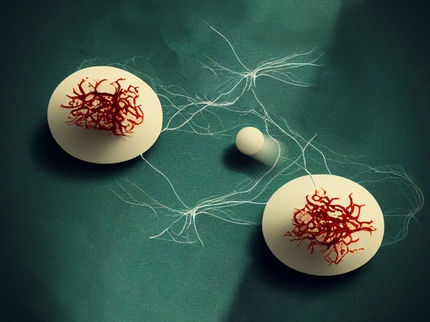German Scientist Wins 2018 Eppendorf & Science Prize
The German scientist Johannes Kohl, Ph.D. has won the 2018 Eppendorf & Science Prize for neurobiology for his work on neural mechanisms underlying parental care.

Johannes Kohl, Ph.D.
Johannes Kohl carried out his research in the laboratory of Catherine Dulac at Harvard University. His work has revealed how a small population of genetically defined neurons controls the motor, motivational, hormonal, and social aspects of parental behavior in male and female mice. Previous work had implicated specific neurons in parenting located in the medial preoptic area (MPOA) of the hypothalamus (a brain area that shares common features with other vertebrates). However, it remained unclear how a small group of neurons could control such a complex social behavior. First, using anatomical techniques, Johannes Kohl revealed that these neurons form a hub in a complex, brain-wide parenting network. Subsequently, he used imaging approaches to visualize the activity of these MPOA neurons during parenting and manipulated their function in behaving animals. Together, these experiments revealed that MPOA neurons form subpopulations, each controlling different aspects of parenting. This discovery provides a new model for how specific components of a social behavior are generated at the neural circuit level. Unravelling the functional architecture of such circuits will advance our understanding of how the brain coordinates complex behaviors. In 2019, Johannes Kohl will start his own group at the Francis Crick Institute in London. He will investigate how physiological states affect information processing in neural circuits.
The annual US$25,000 Eppendorf & Science Prize for Neurobiology honors scientists, like Dr. Kohl, for their ground-breaking research. Johannes Kohl is the 17th recipient of this international prize which is awarded jointly by Eppendorf and the journal Science. Researchers who are 35 years of age or younger and have made outstanding contributions to neurobiological research based on methods of molecular and cell biology are invited to apply. The next deadline for applications is June 15, 2019.
Most read news
Topics
Organizations
Other news from the department science

Get the life science industry in your inbox
By submitting this form you agree that LUMITOS AG will send you the newsletter(s) selected above by email. Your data will not be passed on to third parties. Your data will be stored and processed in accordance with our data protection regulations. LUMITOS may contact you by email for the purpose of advertising or market and opinion surveys. You can revoke your consent at any time without giving reasons to LUMITOS AG, Ernst-Augustin-Str. 2, 12489 Berlin, Germany or by e-mail at revoke@lumitos.com with effect for the future. In addition, each email contains a link to unsubscribe from the corresponding newsletter.




















































